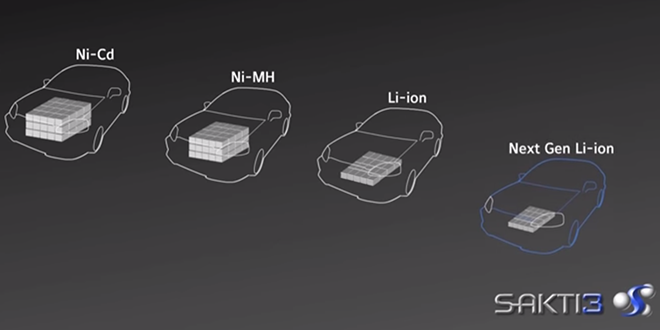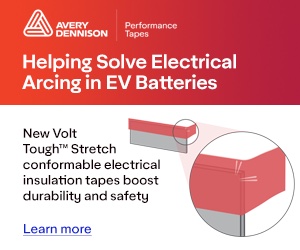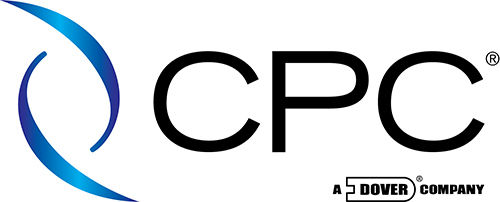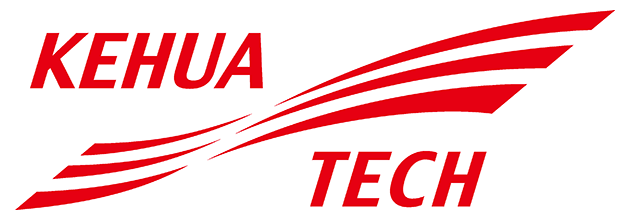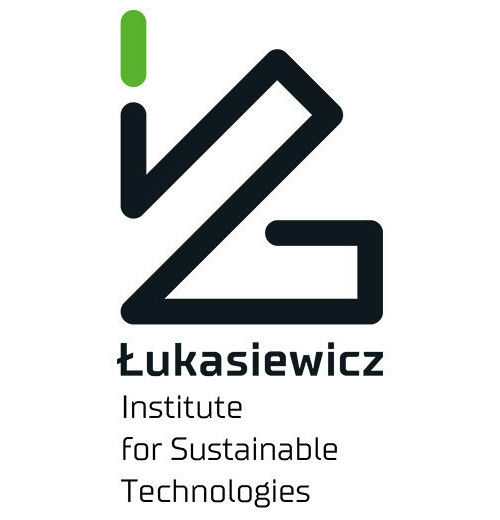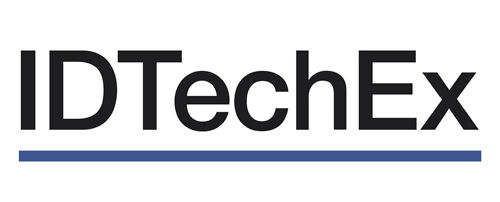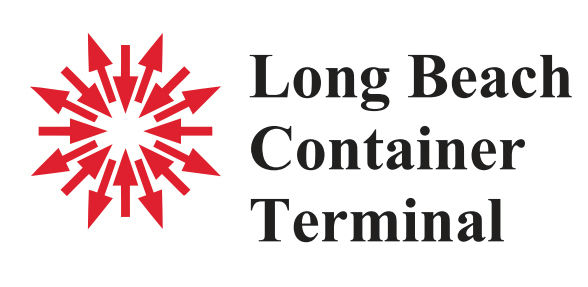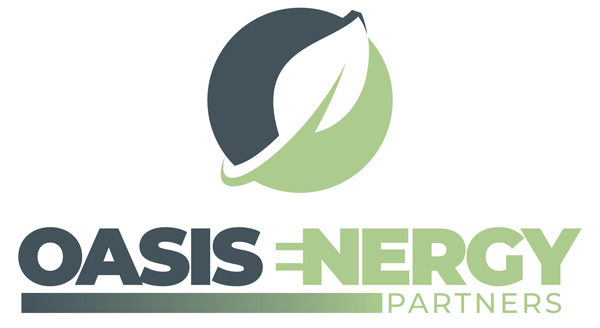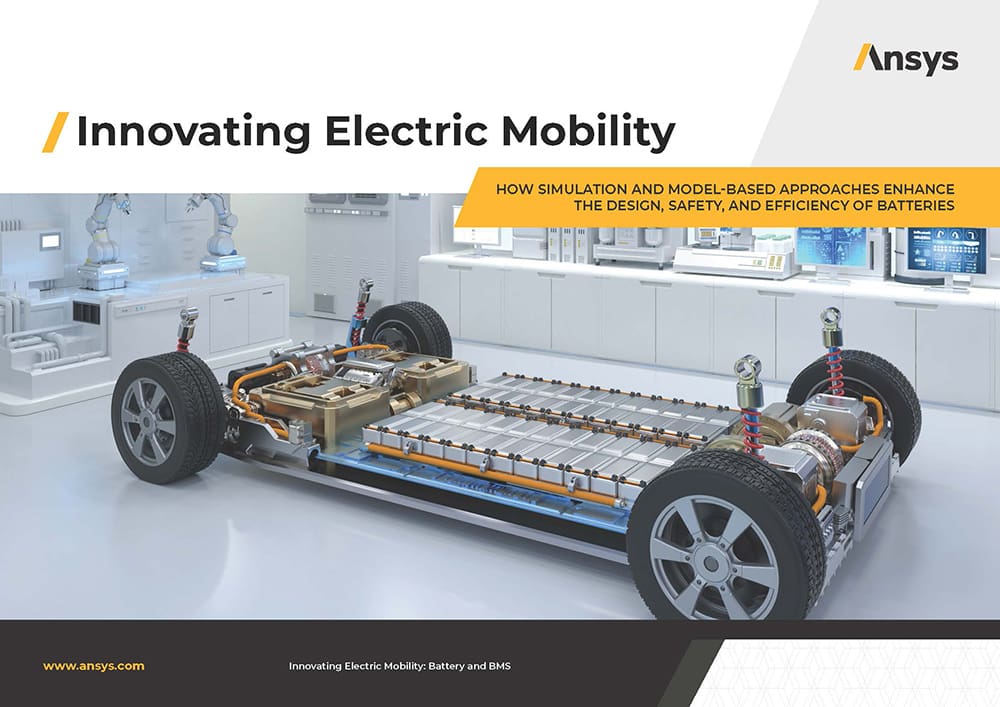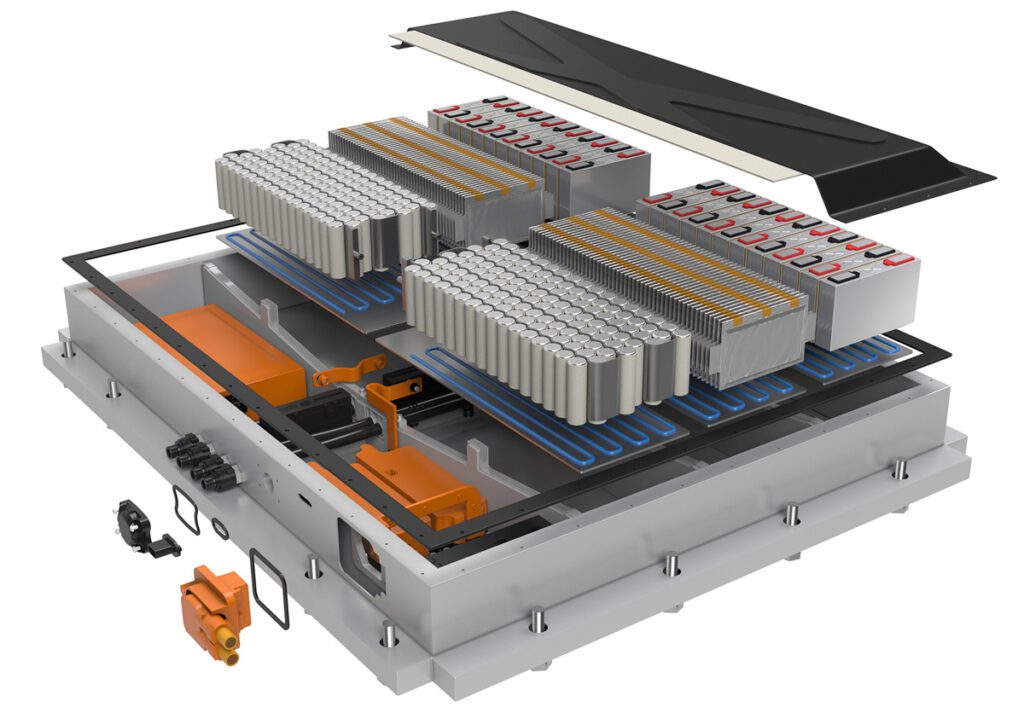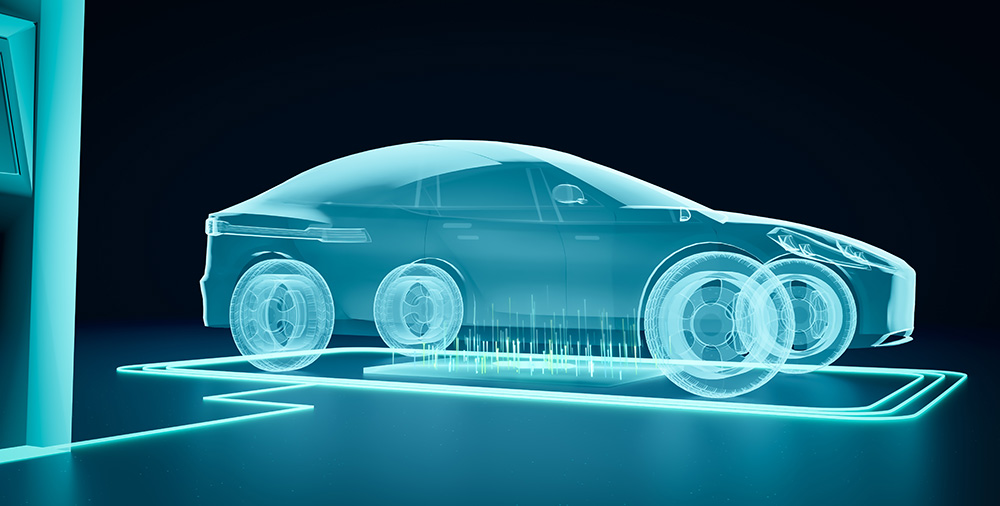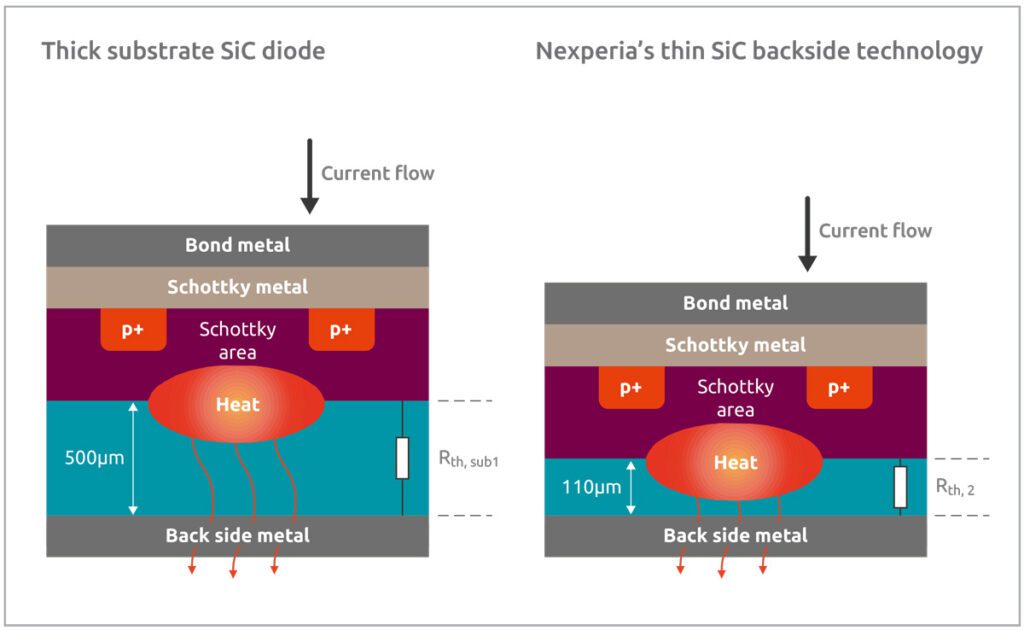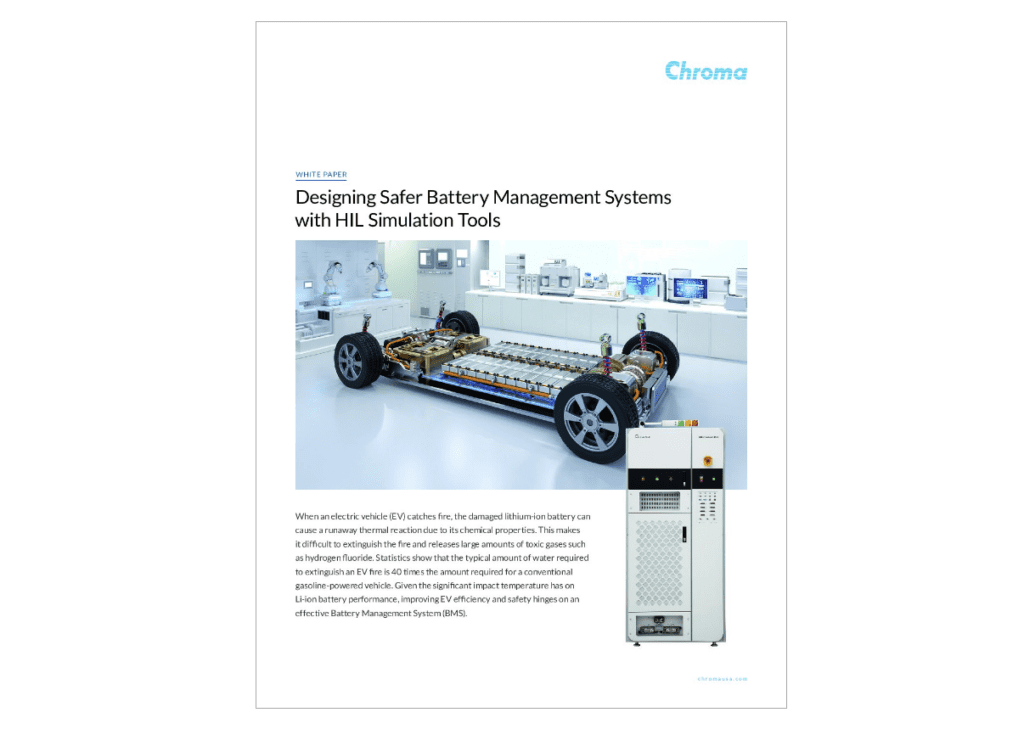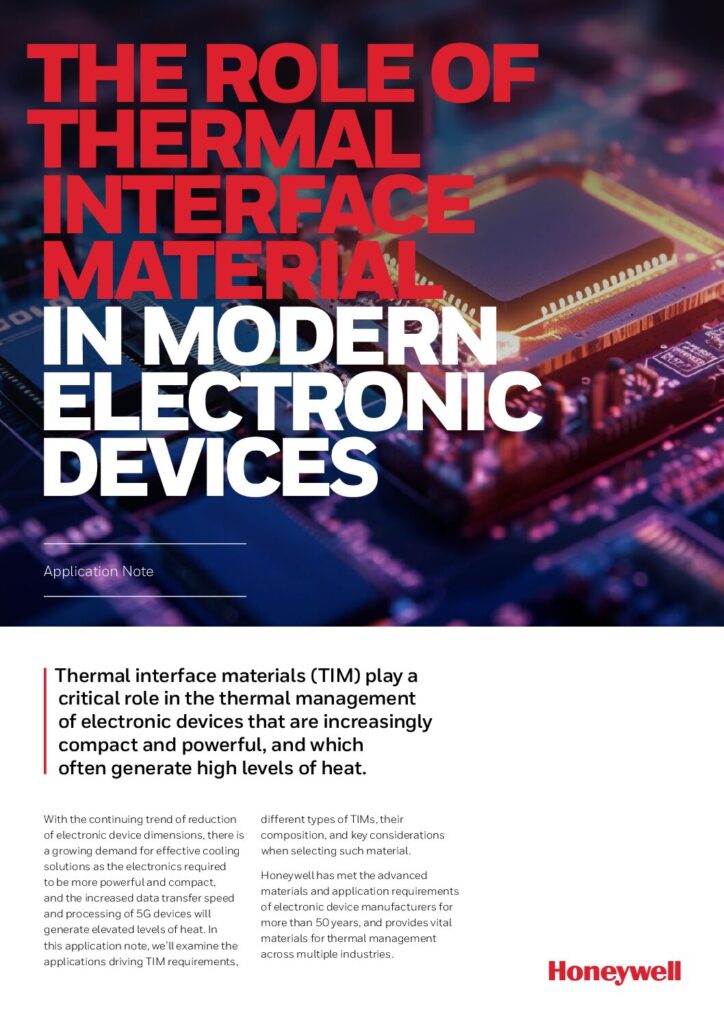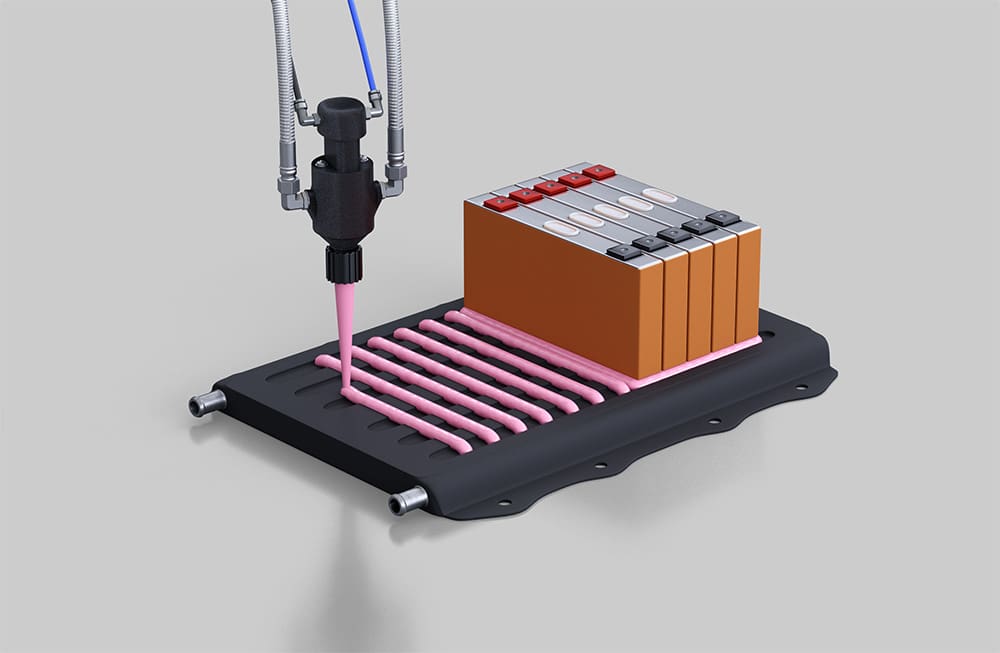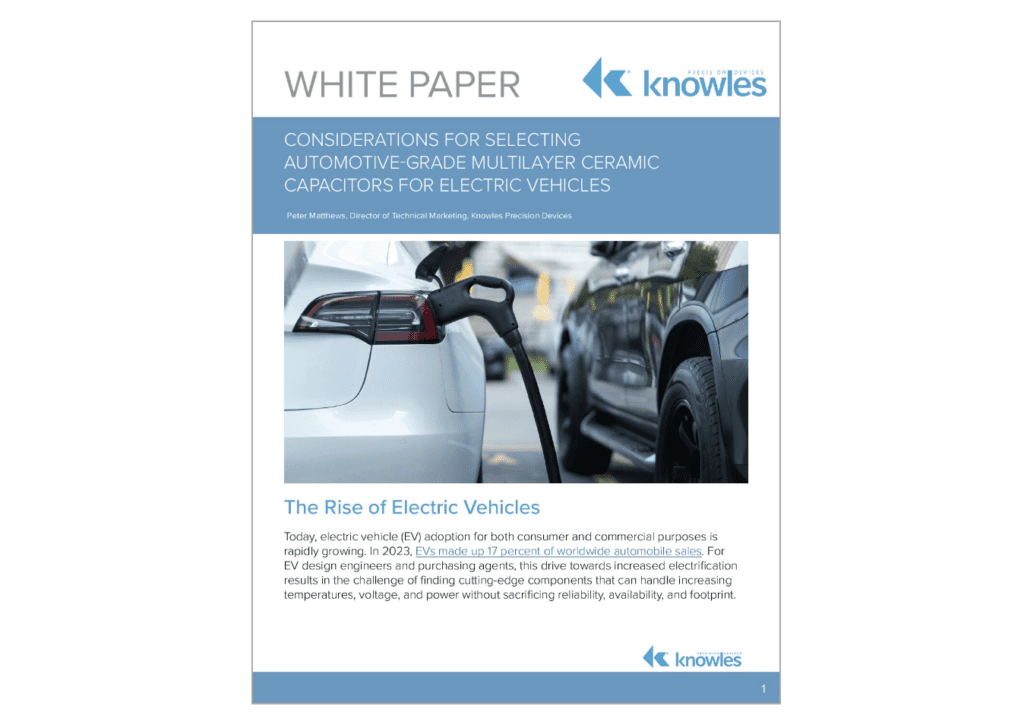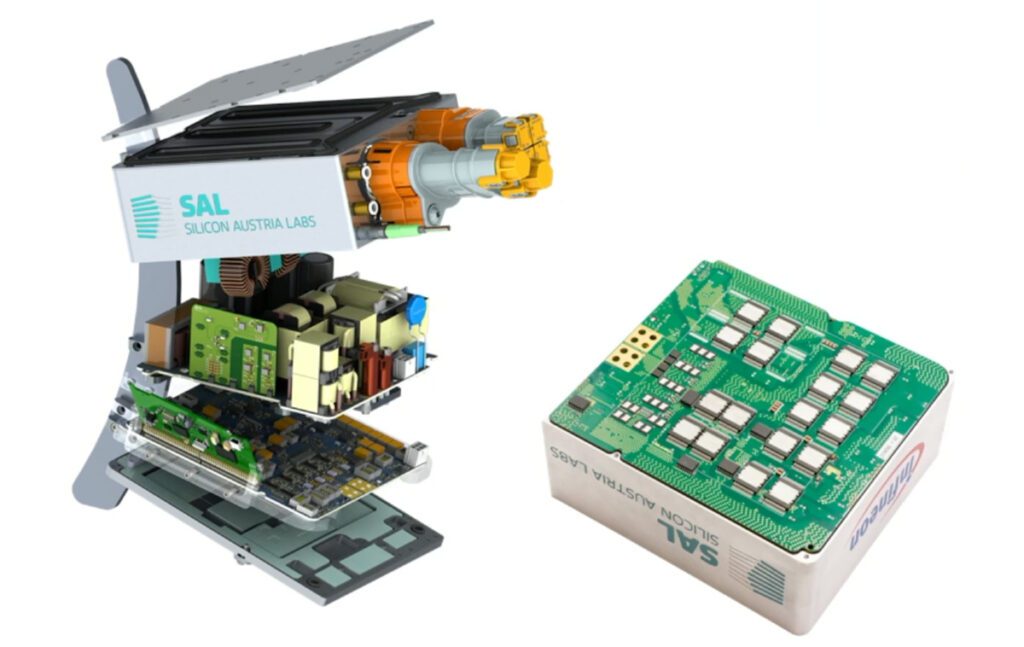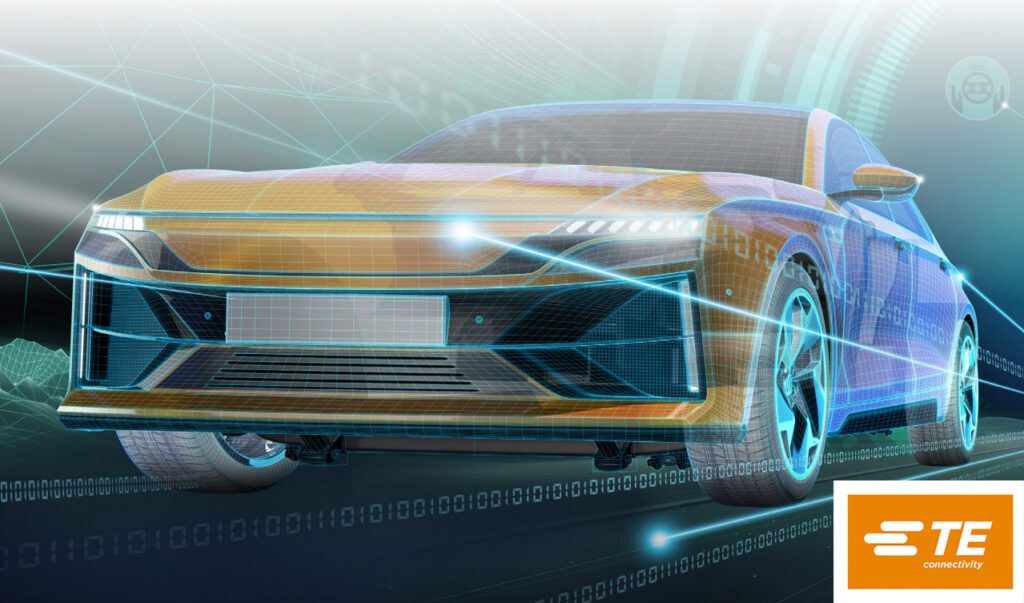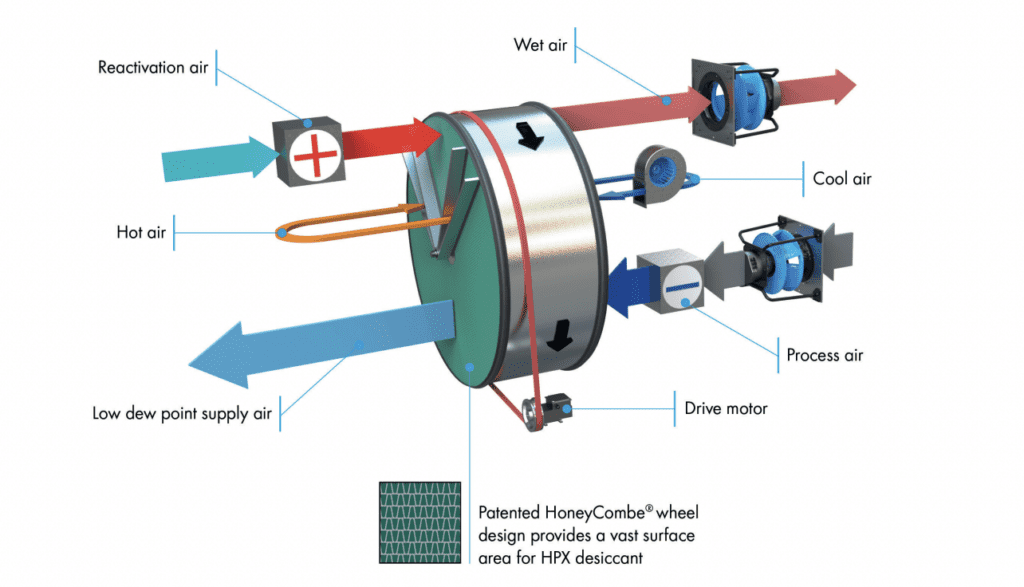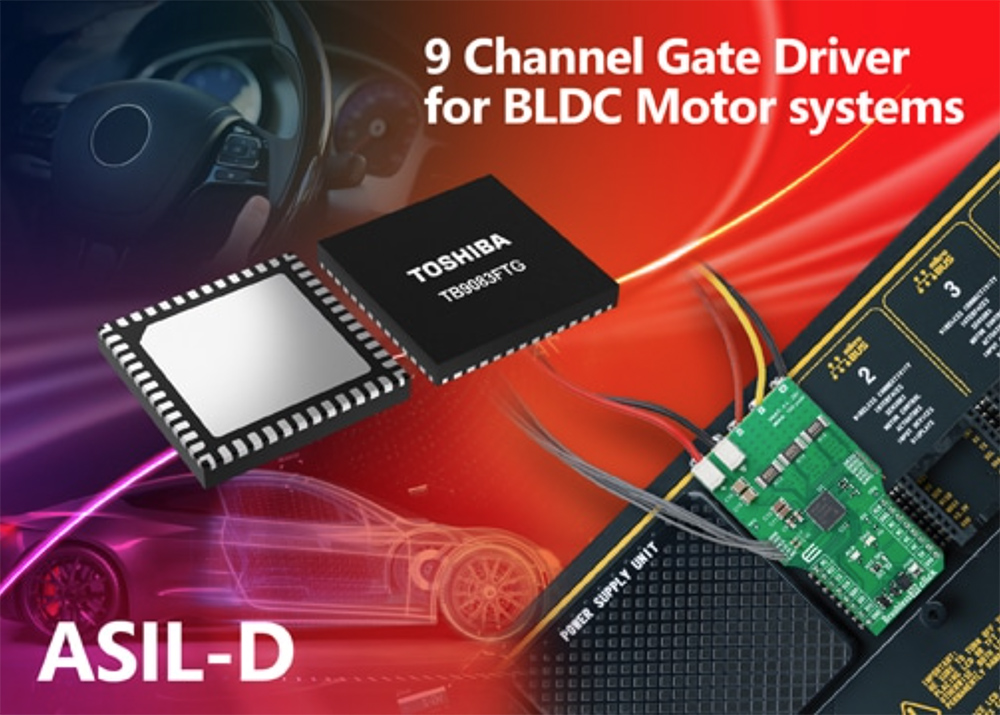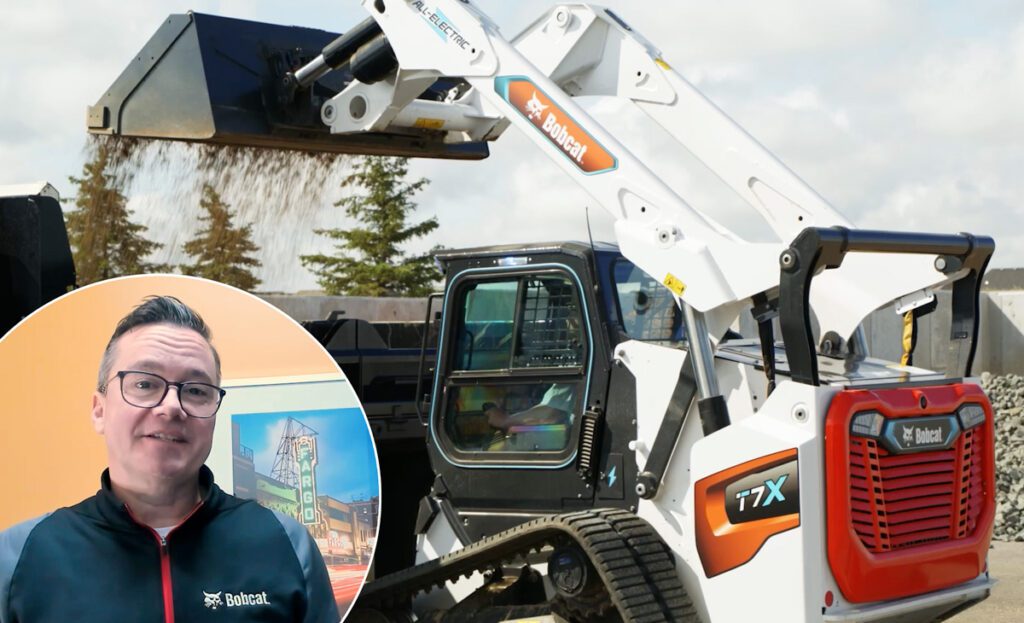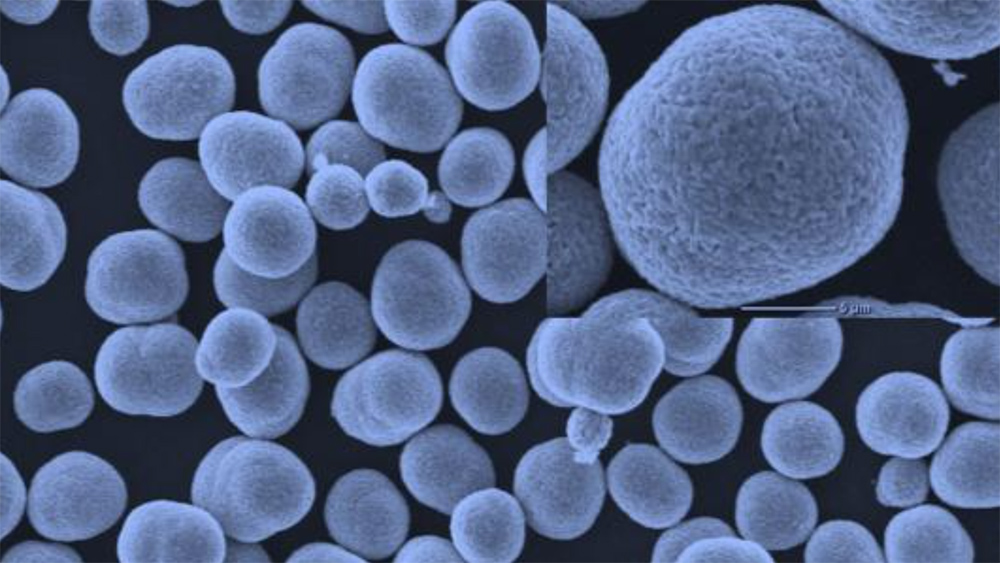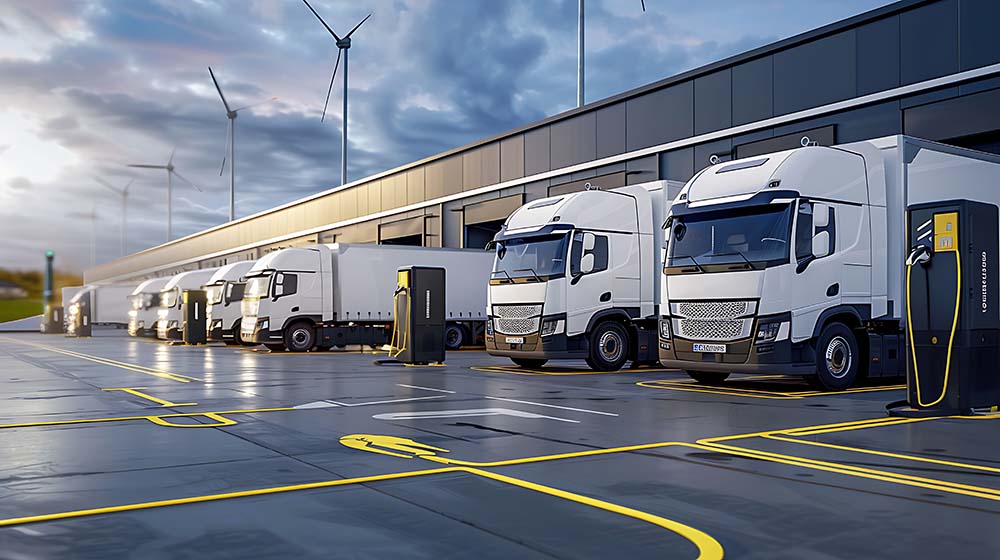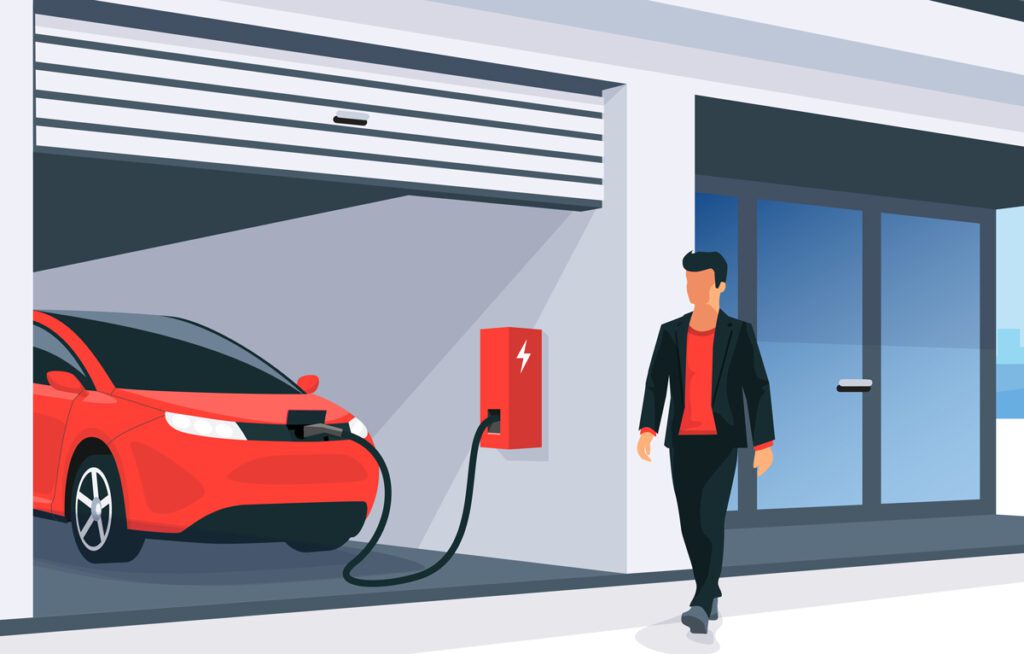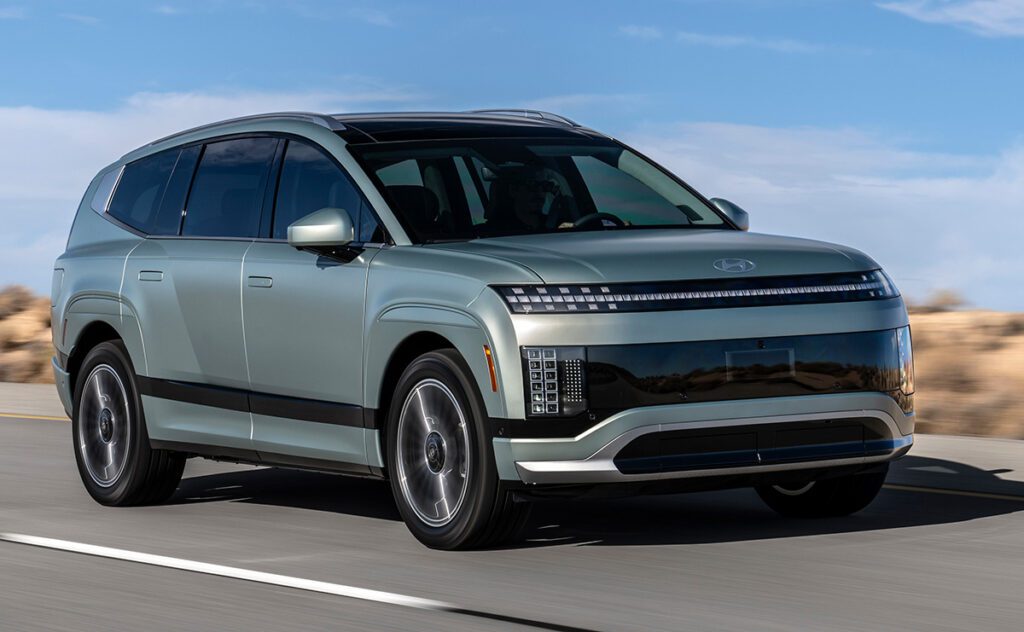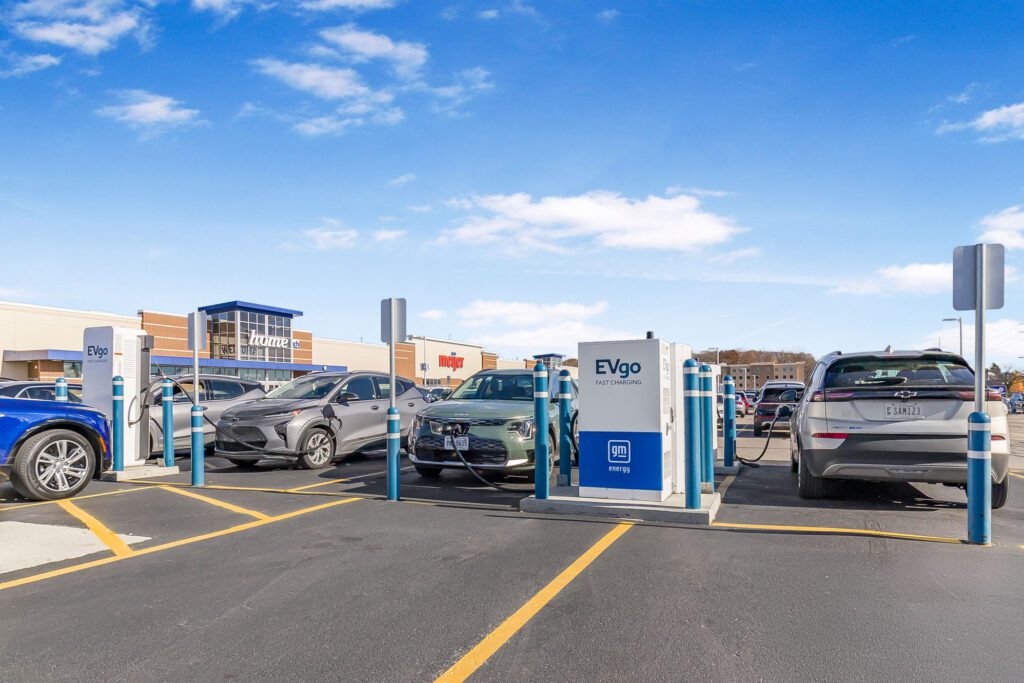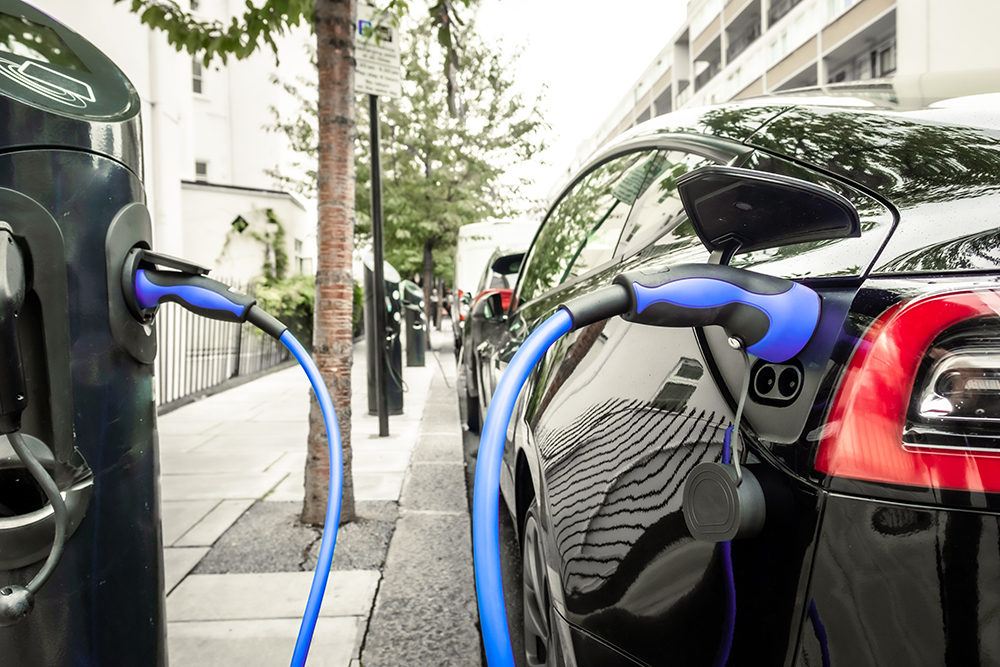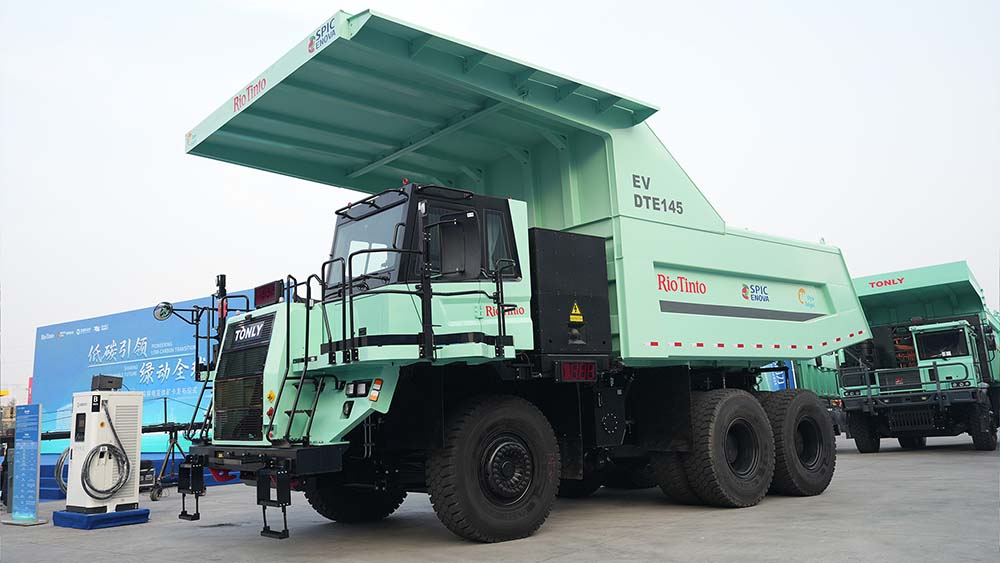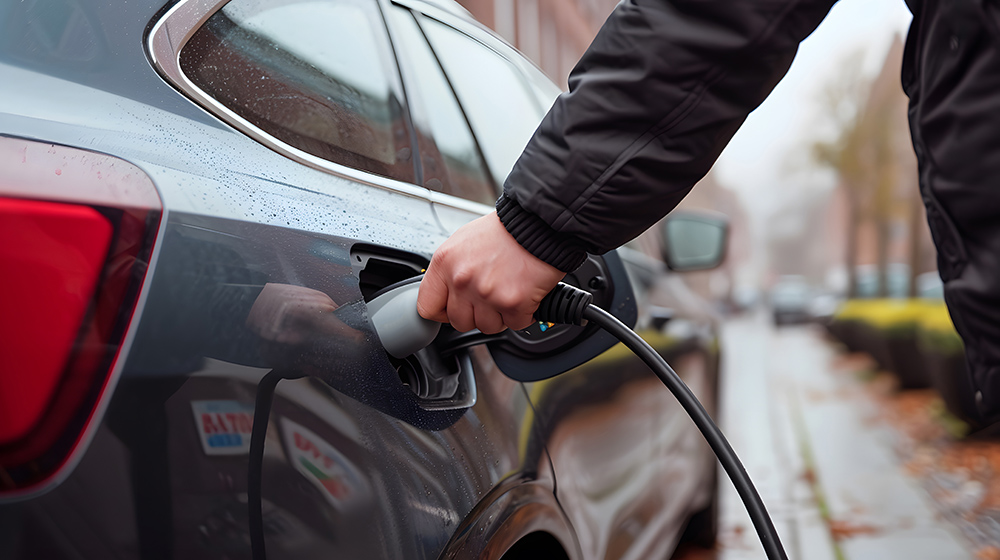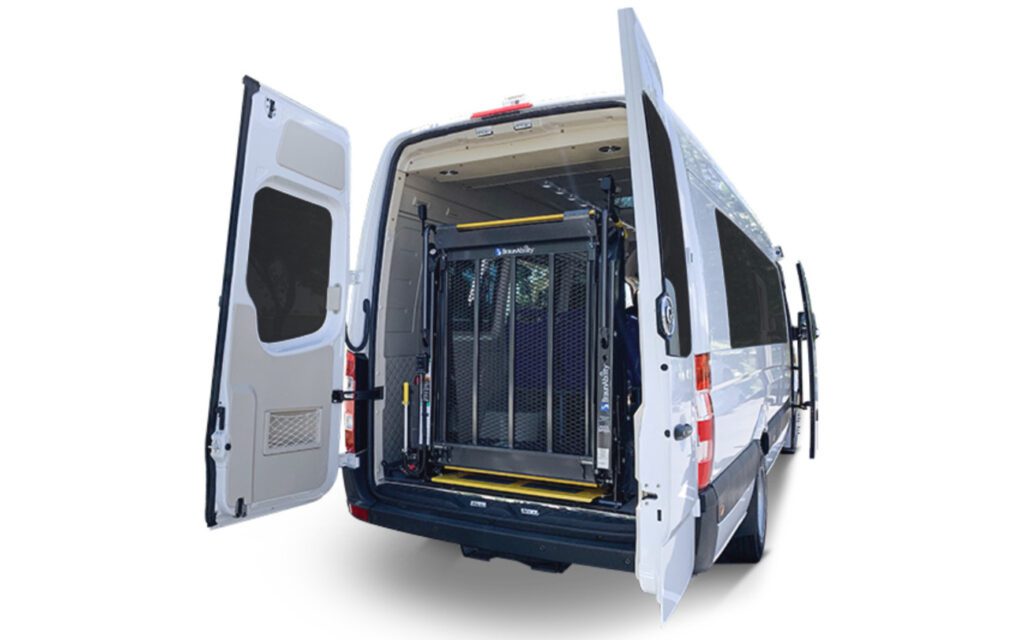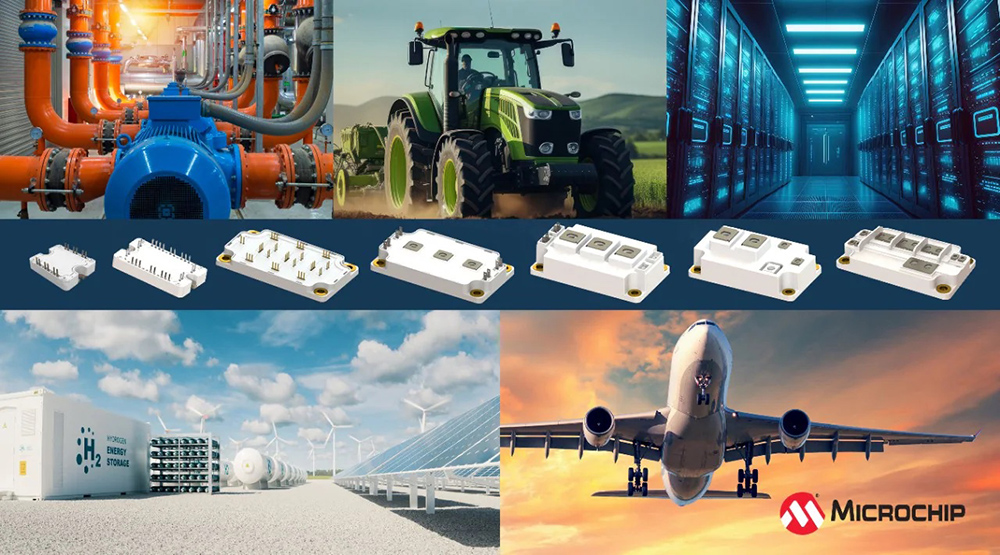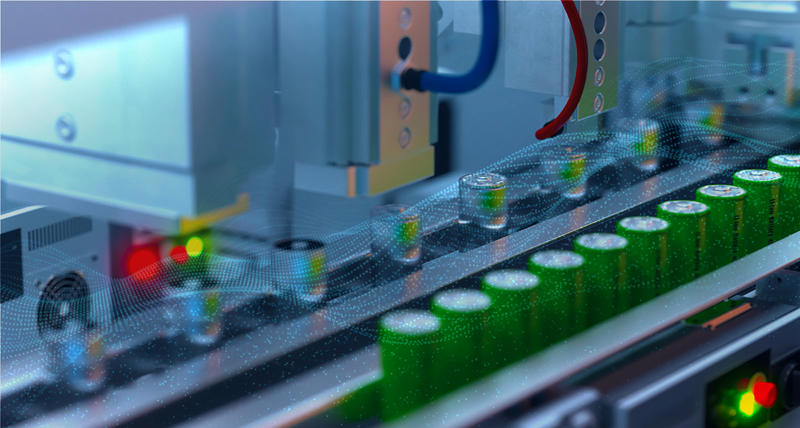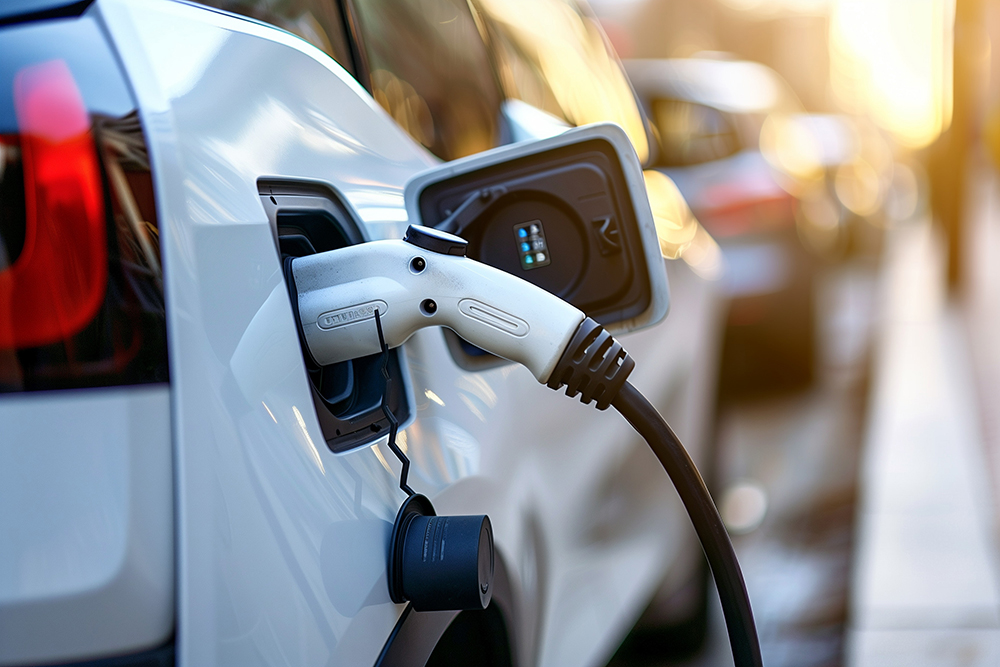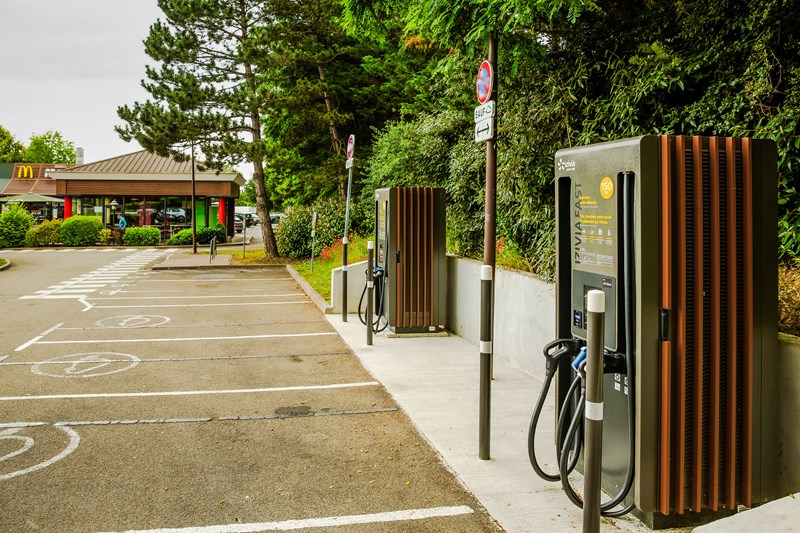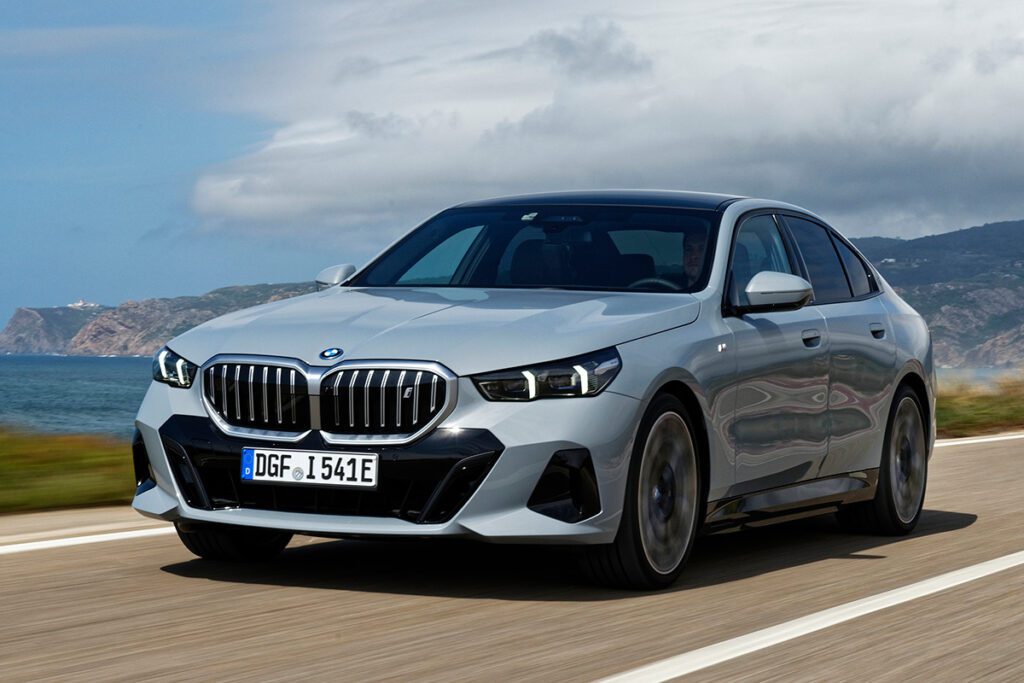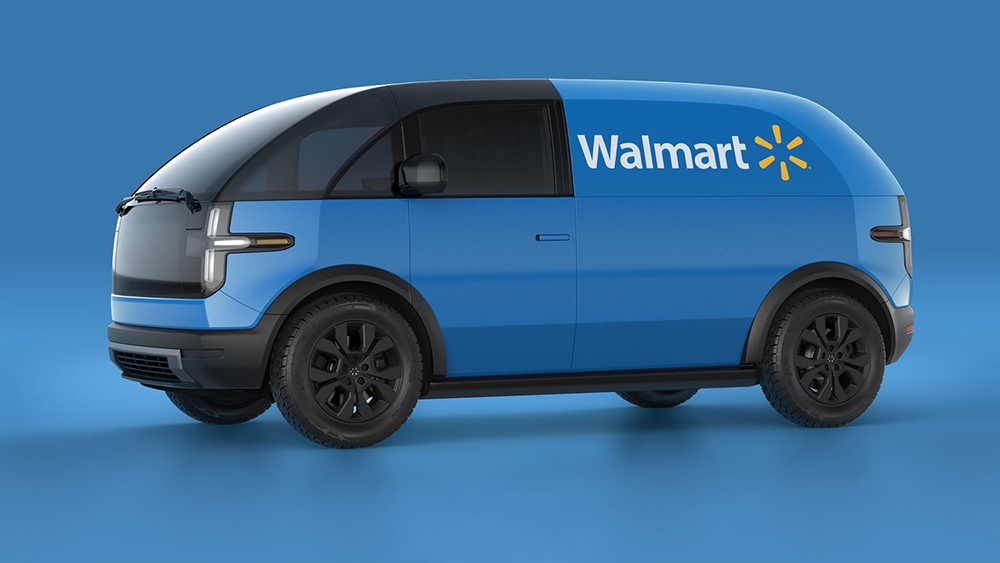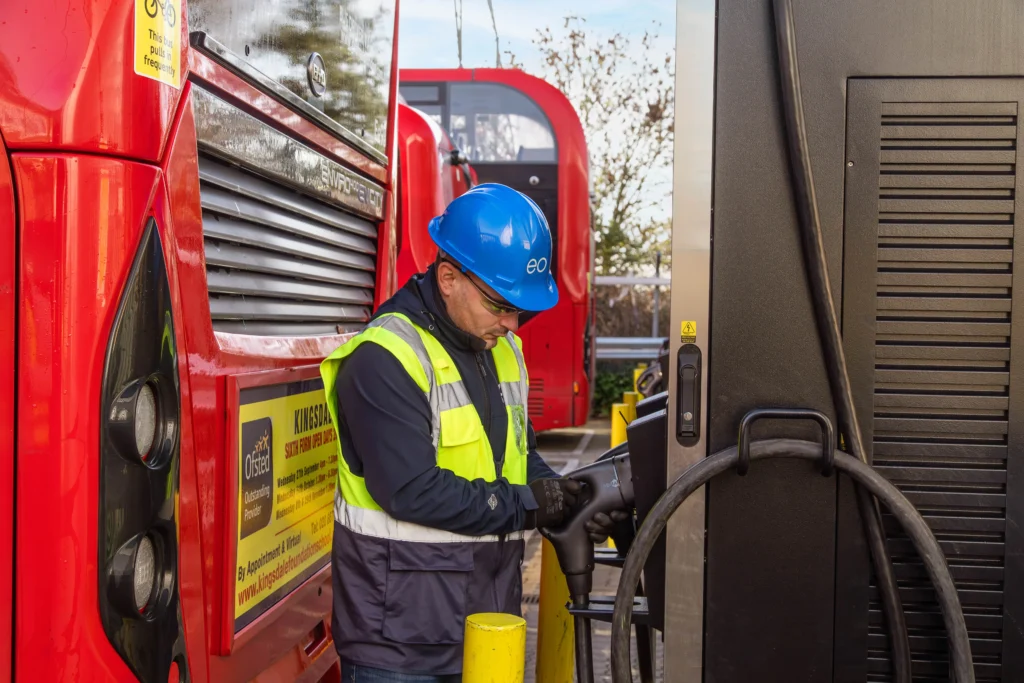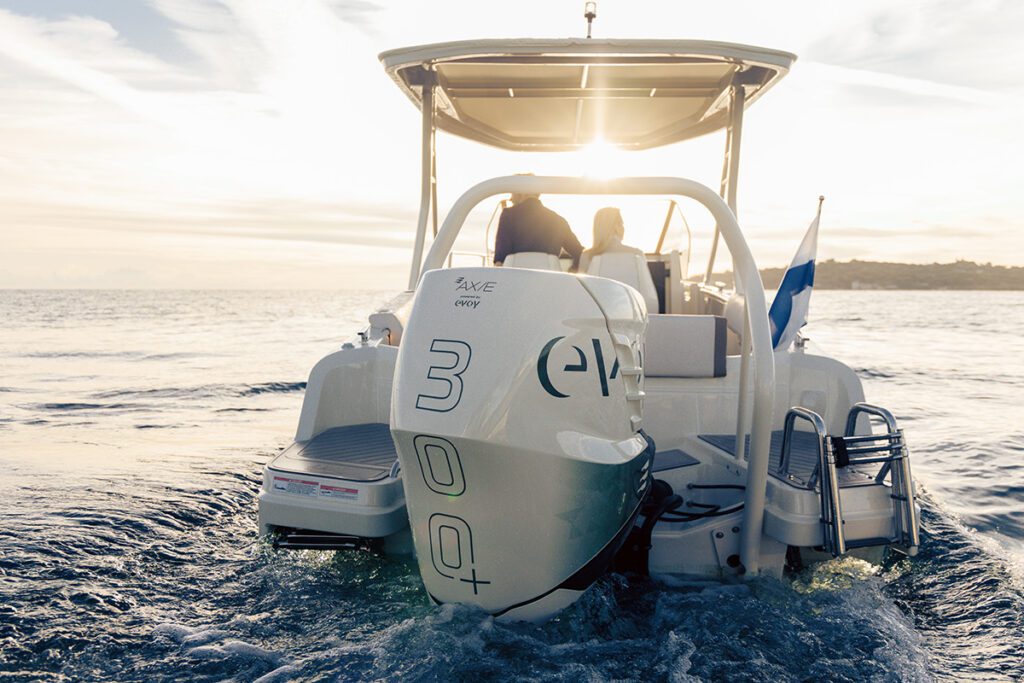After years of operating in secrecy, battery startup Sakti3 has been much in the news lately, the subject of feature articles in Scientific American and Fortune (via Green Car Reports).
The Ann Arbor company, founded in 2008 by Ann Marie Sastry, has developed a solid-state electrolyte, which could eliminate some of the drawbacks of liquid electrolytes, including the chemical reactions that can lead to overheating and fires. The solid-state design also lends itself to a cheap, rapid manufacturing process that’s similar to the way flat-panel screens and solar cells are made.
Says Dr Sastry, who has been working on battery technology for two decades, “We looked at different industries and we said, ‘Who’s kicking out product fast?’” The vacuum-deposition method used by TV-makers inspired her to “throw away the script and instead of making traditional chemical lithium batteries…make them the same way you make computer chips.”
SEE ALSO: New report says that solid-state batteries will rule by 2030
Sakti3’s prototype battery cells have demonstrated impressive energy density of 1,143 Watt-hours per liter, and the company has a plan to move to full-scale production. “Our target is to achieve mass production of cells at ~$100/kWh,” said Sastry. “Our first market will be consumer electronics, and after that, we’ll move to other sectors.”
Making that happen is plainly going to require some serious capital. “Sakti3’s big challenge is going to be the cost of manufacturing and the yield it’s going to get,” analyst Kevin See of Lux Research told Fortune. “It’s great to demonstrate a small battery in the lab, but making batteries bigger and making a lot of them is not trivial.”
That’s not news to Sastry. “Designing batteries is one of the most complex engineering problems on the planet,” she says. The company is working on a manufacturing agreement with “a major corporation,” which it plans to make public later this year.
RELATED: Tesla confident that Gigafactory can hit the magic number: $100/kWh
Might that corporation be GM? The Detroit giant has been talking about producing a new EV with a range of 200 miles for some time (rumored to be a 2017 Chevy Sonic EV), and some sort of cheaper and/or more energy-dense battery will be a key to making that happen.
LG Chem, which now provides cells for the Volt and Spark EV, has hinted that it will be supplying the batteries for GM’s game-changing EV. But Sakti3 could be a contender as well. GM Ventures invested a chunk of change in the company in September 2010.
Source: Fortune, Scientific American, Green Car Reports




